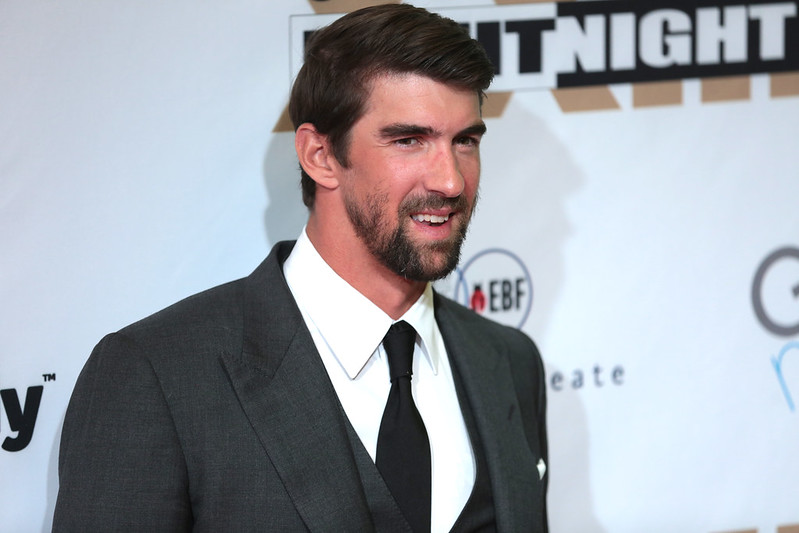Sports
With Olympics on hold, Phelps worries about mental health

Phelps said the key to coping is keeping things as simple as possible. (File photo by Gage Skidmore/Flickr, CC BY-SA 2.0)
Michael Phelps has been open about his mental health struggles, even as he became the most decorated athlete in Olympic history.
Now, with the Tokyo Games on hold because of the coronavirus, the retired swimming great worries that some athletes may have trouble coping with this unprecedented postponement.
“It’s a total bamboozle,” Phelps told The Associated Press on Tuesday. “There’s such a wave of emotions. I can’t imagine what these athletes are going through right now.”
In an telephone interview from his Arizona home, where he is largely hunkered down like so many others around the globe, Phelps gave reluctant praise to the International Olympic Committee for putting off the games until 2021 while the world deals with the pandemic.
“Honestly, my first thought was I was relieved,” he said. “Now, there’s more of a chance that we can beat this thing and do what we need to do to save as many lives as possible. I was happy to see them logically making a smart decision. It’s just frustrating it took this long.”
With the anticipated Olympic postponement now official, Phelps turned his attention to the world-class athletes who must deal with another jarring change to their preparations, even as they were still processing the cutbacks in training and lack of human contact stemming from worldwide efforts to curtail the virus.
Since his retirement in 2016, following an unprecedented Olympic career that produced 23 golds and 28 medals overall, Phelps has talked of suffering from depression and anxiety. He even had thoughts of suicide at his lowest points.
He knows this is a challenging time for those who had their sights on the Olympics, which were scheduled to open on July 24 but now have been delayed by up to a year.
“As athletes, we’re so regimented,” Phelps said. “At this point, all the work is done. We’re just fine-tuning the small things to get to this point. Now it’s like, `Oh … we’re not competing.’ All these emotions start flaring up. I really think mental health is so important right now.”
Phelps said the key to coping is keeping things as simple as possible.
“Just control what you can control,” he said. “We’re in such uncharted waters. We’re getting all these big questions thrown at us: What if? What if? What if? It’s so hard to understand. We’re having a hard time just wrapping our head around it.”
Thinking back to his own career, Phelps said he probably could have coped with a postponement just fine during the prime of his career because he had such steely focus on his goals. But he probably would have struggled with a delay leading up to the 2012 London Games, when his motivation was lagging and he wasn’t even sure he wanted to compete.
“I was barely holding it together by the seams,” Phelps recalled. “I don’t know if I could’ve made it another year.
”
He retired after London, only to return to the pool less than two years later with a newfound passion that carried him to five more golds and a silver in Rio.
Phelps said he will gladly offer counselling and a shoulder to lean on to any athlete who is struggling over these next weeks and months.
“Some guys have already reached out, asking questions about what they can do,” he said. “Anything I can do to support my friends and others who want to try to accomplish their goals and dreams, I’ll do it. This is such a big time for mental health. It’s more important now than it ever was before. I hope everybody is taking care of themselves mentally and physically at this time. I’m always available and open at any hour to anybody who needs help.”
Now 34, Phelps is happily married with three young sons. Though he has no plans for another comeback, he is still involved in the sport through a swimwear company and other business ventures.
He was looking forward to attending the Olympics as a spectator for the first time. He hasn’t been to Japan since his breakthrough performance at the 2001 world championships.
“I’m somebody who truly loves and enjoys watching the sport at the highest level,” Phelps said. “I obviously know what it takes to get there. I was truly looking forward to seeing how everybody was doing.”
He still plans to be at the Olympics.
But, like everyone else, his plans are hold.





















